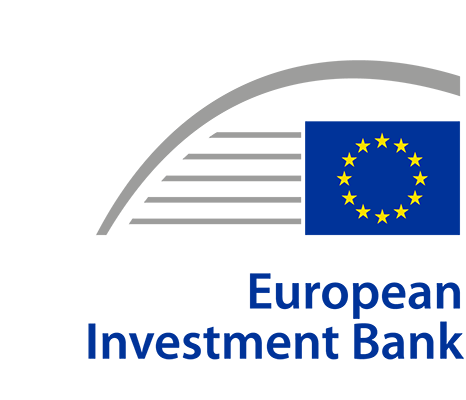“Just do it”, is Ton Overmeire of The City of The Hague’s response when asked if he has any advice to cities and managing authorities thinking about using financial instruments to invest European Structural Investment Funds (ESIF).
A keen marathon runner, Ton is also the Head of The Hague’s Holding Fund, HEID which manages two ERDF backed financial instruments known as the ED Fund (which invests in low carbon projects) and the FRED Fund (which supports local entrepreneurs). Just as training for a long distance run requires time, hard work and persistence, the experience in The Hague is that the investment of time and resources to set up financial instruments at the start of a programme, pays dividends in the long term.
As Ton says, “Once you have set something up that is complex at the start, like an urban development fund, once it is there it is easily accessible”.
From small beginnings, the Holding Fund now manages around EUR 50 million of investments in a range of different types of urban development projects. The importance of the ED and FRED funds, SVn to the success of the financial instruments in the city is highlighted by Ton who says,
“The fund manager really understood, better than we did, where the market failure was”.
He highlights how the fund manager helped structure a large investment in a major geothermal heat station that was built in the city, “I would never have thought of giving a loan and at the same time doing an equity investment to control the [project]. That is something only a banker with experience can think of”.
“A good fund manager can help make a project a success”.
Looking ahead, the City of The Hague has ambitious plans to become carbon neutral by 2030.
To achieve this target, over 250 000 homes and 30 000 other buildings must be converted from gas to renewable energy sources. Following the success of the ED and FRED financial instruments, plans are being developed to use ESIF financial instruments to mobilise public and private investment and deliver financing at the scale needed to support the Energy Transition and other policy priorities of the city.
Ton is clear about how financial instruments can be used to attract additional investment:
“We want to speak to other investors, public and private and say, we have a working structure here in The Hague, we deliver good projects with a return so there is an investment opportunity for you here.” He further underlines the importance of achieving the target to be carbon neutral by 2030 saying, “We are at the moment developing detailed plans for our Energy Transition Programme which will require huge investments in new energy sources, infrastructure and improvement in public and private housing. We believe that financial instruments will have an important part to play in the financing of this programme.”
"We believe that financial instruments will have an important part to play in the financing of this programme"
Want to know more about this?
Two case studies of The Hague’s experience and proposals for the Energy Transition were published under the fi-compass MRA-RICE programme, which are also available on the fi-compass website.

Podcast
Finally to hear a longer version of this interview, check out the fi-compass podcast with Ton Overmeire published as part of the fi-compass Jam Sessions series.





